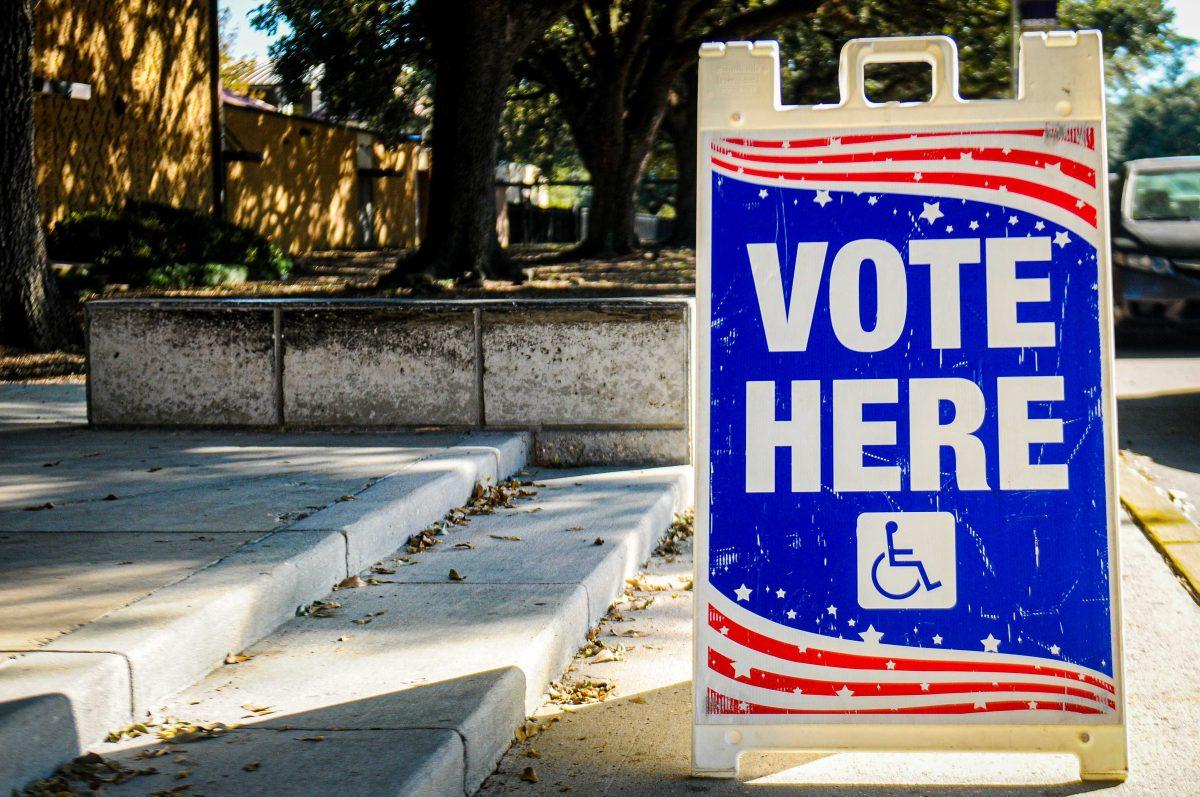(AP) — For Louisiana residents diagnosed with dementia the closest research centers for accessing the latest, and the experimental, treatments are Houston and Birmingham, Ala.That is about to change.The Pennington Biomedical Research Center has launched a new research effort into dementia called the Institute for Dementia Research and Prevention.The goal of the institute is to attract federal grants to study dementia in order to better diagnose it and find ways to treat and prevent it, said Jeffrey Keller, associate executive director for basic research at Pennington and director of the new institute.”The people of Louisiana deserve more than what they have now in regards to dementia,” Keller said.Approximately 100,000 Louisiana residents have been diagnosed with age-related dementia, including Alzheimer’s disease, he said.In October, the state Board of Regents gave a one-year conditional approval for the development of the institute.As director, Keller’s main job in the first year is to find the private funding needed to put the institute on the path toward its research goals.There are no grants to seed research initiatives, so private money is needed to build research infrastructure, such as smaller-scale studies, that will attract the major federal grants or pharmaceutical drug trials, Keller said.Keller also said the institute must make connections in this first year among the local Alzheimer’s disease support networks and local doctors.So far, the idea of local dementia research has been well received among Alzheimer’s groups, particularly the prospect of attracting clinical trials, said Ruth Fontenot, director of public affairs and advocacy for the Louisiana chapter of the Alzheimer’s Association.”People are desperate for clinical trials,” Fontenot said, adding that her organization has already provided a grant to Pennington for dementia research.The overall aim of the institute is threefold: to identify how and why dementia develops by establishing a longitudinal study of 400 to 600 healthy people age 60 and older, to have a platform to study potential drug or nutritional therapies for preventing and treating dementia and to serve as a community resource to educate caregivers, doctors and the public about the disease.In the first year, Keller said, he hopes to raise at least $100,000 and begin enrolling the first volunteers for the longitudinal study. The institute will also host its first free community seminar on March 6 and a scientific conference on Nov. 3.”The good news is I’m starting from the ground up,” Keller said. “The bad news is I’m starting from the ground up.”A major goal of the proposed long-term study of hundreds of Louisiana’s aging volunteers is finding a way to definitively diagnosis dementia, Keller said.”We have to have human research to fill in the gaps of what we don’t know,” Keller said.The only way to definitively diagnosis Alzheimer’s disease versus another form of dementia is to do an autopsy, Keller said. People are typically diagnosed with “probably” or “possible” Alzheimer’s once other reasons for their mental decline are ruled out by their physician.In his studies, Keller said, he is dissecting hundreds of brains of people thought to have Alzheimer’s only to discover in the autopsy after their death that they had another form of dementia or brain characteristics of multiple types of dementia, Keller said.
Dementia research comes to La.
March 1, 2009





